Audio engineers are critical for recording studios and live performances alike. Without talented and well-trained audio engineers, there would be no great music to listen to.
However, the audio engineer is usually the most underrated and misunderstood person during live performances or in studios. As a result, you might be wondering what audio engineers do and why they are so important.
Audio engineers are responsible for all aspects of recording music, live music shows, and the post-production of all recorded music. audio engineers are the individuals who set up and operate musical hardware and equipment for recording and performing live shows.
There is almost no one more critical in music than audio engineers. Without these individuals, there would be no live performances, nor would there be any recordings.
These people do far more than most realize, and they are deserving of more credit than they are given. Let’s explore the skills, duties, and requirements of modern audio engineers.
What Do Audio Engineers Do?
Audio engineers are a critical part of the music industry, but they are far less known and appreciated than musicians and producers. The truth is that even some musicians and producers do not fully understand what audio engineers do and why they are so important.
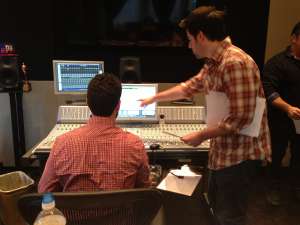
Anyone who wants to know more about audio engineers and what they do will ultimately gain a great appreciation for these individuals and what they do for music.
It is also true that there are many people who want to become audio engineers, but are unclear about what these engineers do, how they do it, what the skills and requirements are, and how fulfilling this job is.
With all of this in mind, let’s take the time to better understand audio engineers, what they do, why they are important, who they are, what they do, and what is expected of them.
Set Up Recording & Sound Equipment
There is no good place to begin describing what audio engineers do, so let’s just begin with what audio engineers do in studios, which starts with setting up recording and sound equipment studios.
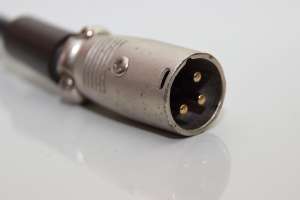
An audio engineer must have extensive knowledge of the equipment that is used in the process of recording music in a studio.
This involves an in-depth understanding of microphones, cables, instruments, recording inputs, all audio devices, all recording devices, and even how the room where the music is recorded should be set up to produce the best audio.
Audio engineers must understand all of the equipment used for recording, how signal chains work, how to solve problems with this equipment when it occurs, and all of the very best ways to get recorded music into a recording interface or recording software.
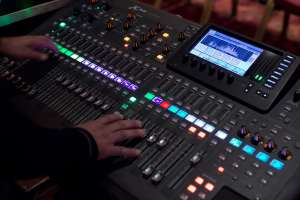
Without a good audio engineer who fully understands how to set up a studio and use the equipment in it, there is no way to make a good recording.
These individuals must be able to set up an entire studio, including all the hardware that is required, as well as all sound equipment used for recording and live performances, including speakers and all other audio devices and gear.
Operate Recording & Sound Equipment
Audio engineers must not only know how to set up the equipment, hardware, and gear used for recording in studios, but they must also have a full and deep understanding of using recording equipment.
Every instrument, voice, and sound-generating device is different and understanding how to record everything that is used to make music is part of what an audio engineer does.
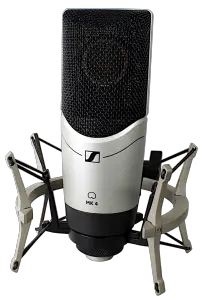
An audio engineer must have a critical understanding of sound and how sound operates, moves, works, and is generated.
This involves understanding how to get the best from any sound source and record the music or sound that it makes in the best and most true way possible.
Every audio engineer must understand how to operate recording equipment, including knowing how signal chains work and how to get the sound from an instrument or sound source to a recording interface.
All recording and sound equipment is run and operated by the audio engineer. Without a deep knowledge of it all, no recording will sound good – and no useable audio will make it to the recording interface or software.
Manage Recording Equipment
The management of recording equipment is another role fulfilled by audio engineers. Managing recording gear means ensuring that the right gear is used for the right recordings and that it is used in the right way.
If the wrong type of microphone is used for a specific instrument, for example, it will need to be re-recorded with the correct mic.

All of the gear used for recording is also very delicate and must not be subjected to certain environments or handled in certain ways. This responsibility falls on the audio engineer as well. Maintaining and taking care of all recording and sound gear is a major aspect of an audio engineer’s responsibility.
Set Up Recording Software & Hardware
When the studio is set up, and the band or artist is recording, the audio engineer then steps away from the hardware facet of the job and steps into the role of recording engineer.
This aspect of the job is among the most critical. If recording software and hardware are not set up correctly or in sync, no recording will turn out well.
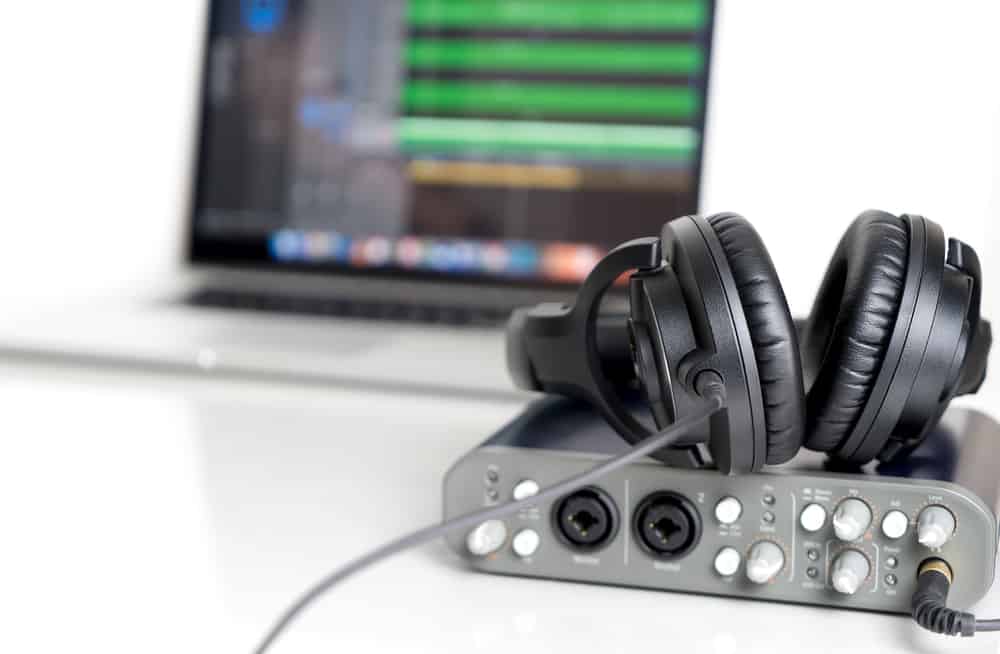
An audio engineer is responsible for choosing and learning recording software, the interfaces that connect the sound sources to the computer for recording, as well as learning how to operate the computer on which the music is recorded.
The work of setting up recording software, learning it, configuring it correctly, and understanding how to use it well all fall to the audio engineer.
This is also true for all interfaces, mixers, and other hardware that is responsible for processing audio, sending audio to recording software, and even mixing preliminary audio inputs to ensure that the best possible recordings are made.
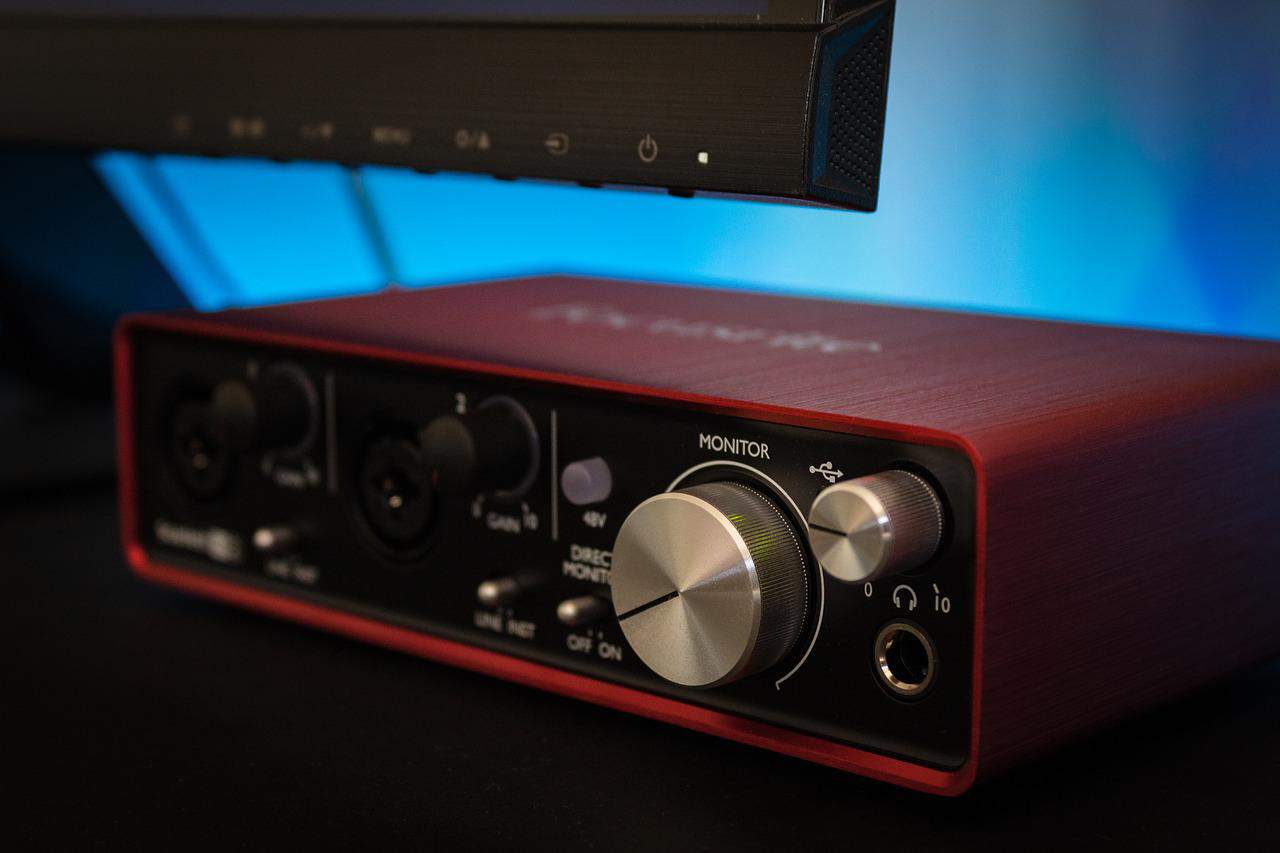
This aspect of an audio engineer’s job is critical, and without skill in this area, the entire recording process becomes almost impossible.
Operate Recording Software & Hardware
Once the recording software, hardware, interfaces, and mixers are set up and working, the audio engineer must then be able to actually record the music that is made in the studio.
This is also true for live scenarios and is critical knowledge and skill for all audio engineers.

An audio engineer must understand how to use the recording software used by the studio, as well as how to get the best from it. This includes understanding and using patches, samples, sounds, processes, and all effects used within the software.
Recording software is complicated and challenging to use, but all audio engineers must know how to use it to its full ability.
Learning all of the complex features and tasks of recording software is challenging, but without this software, no audio engineer can create good-quality recordings by modern standards. Audio engineers must know how to use and operate recording software and hardware extremely well.
Set Up Live Stages & Live Performance Gear
Outside of the studio and the functions required by studios, audio engineers must also be well-versed in live music gear and operations.
Audio engineers must be able to set up a stage and every aspect of its functionality. This includes setting up signal chains between the live mixing console and the entire stage, as well as any interfaces, crossover networks, and wireless networks required for the show.
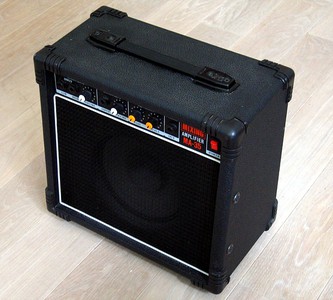
All microphones, instruments, speakers, cables, monitors, amplifiers, lights, and any other hardware and performance gear must be set up by the audio engineer, and the engineer must have outstanding, in-depth knowledge of all this equipment and how it functions.
Audio engineers must be an expert in this area of the music industry because live performances are very unforgiving, and there is no room for error. Everything must be set up and function perfectly for a live musical performance to go well, and all of this pressure is placed squarely on the audio engineer hired for the show.
Live Audio Mixing
A critical aspect of the job of an audio engineer is the ability to mix live sound.
All musical instruments, voices, microphones, and backing tracks from a stage reach the live mixing console at different volumes, different gain levels, and different levels of compression. All of these signal sources are also comprised of different frequencies and operate in different frequency ranges.
This means that audio engineers must understand how to process all of these different signals, mix them correctly, and send out the sound from the mixer as one cohesive sound signal that can be heard as music and enjoyed by the audience.
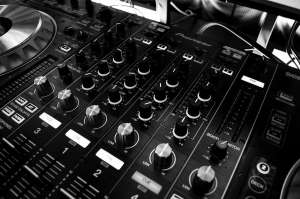
This process of mixing live sound is not for the faint of heart, but audio engineers that can do this well are responsible for every great live concert that you have ever seen.
Live mixing is very challenging, but every audio engineer must learn how to do this at some point in their career, and it is a vital skill for all audio engineers everywhere.
Live Audio Recording
Along with understanding how to record in a studio, setting up and using recording equipment and software, as well as mixing live and setting up a stage, an audio engineer must understand how to record a live set well.
Recording live music uses a lot of the same recording hardware and processes as recording musicians in a studio, but understanding how to perform a live mix and make a recording simultaneously, without the ability to re-track songs or instruments, is a monumental challenge.
Not all audio engineers know how to do this well, and very few ever try to do this on their own, but the marl of a truly good audio engineer is someone who is able to do a good live mix and record at the same time.
Learning this skill requires years of time and effort and is only developed through experience, which is why so few audio engineers master this aspect of the job.
However, those audio engineers who have set themselves apart from the others are those who can mix live and record.
Manage The Use Of Instruments
A basic skill that all audio engineers must learn is the management of instruments. This is in the context of live and recorded instruments.
Every audio engineer must have a basic understanding of all instruments, how they are used, and what their strengths and weaknesses are, while also knowing the best ways to record them, use them, and get the most from them in an audio mix, be it live or in a recording.
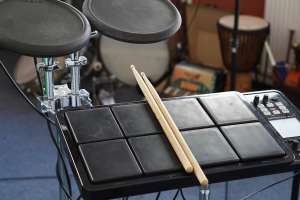
Without this understanding, an audio engineer will not know how to get the most from the instruments that are used in the music they are mixing or recording, and aspects of the music will become lost and inaudible, or the entire piece will sound terrible overall.
Audio engineers must know how to manage instruments well if they are to use them well. Audio engineers who understand instruments the best will always make far better music than those who do not.
Post-Production Of Audio
When music is recorded, it is not simply recorded in the same place, put together, and released as a track. The audio must be mixed and mastered after it is recorded to make it sound cohesive and to get the most from the music that was recorded.
Without post-production, music would simply not be good at all.
This job also falls to the audio engineer. Some audio engineers specialize in post-production and only do this type of work, but it is still the job of any audio engineer to have at least a basic understanding of how to mix music after it is recorded.
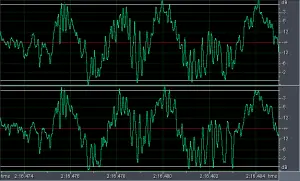
This is what turns sounds into music, and putting everything together to form well-crafted tracks is a great challenge.
All good audio engineers learn this skill well and take the time to understand what makes well-played music into a great-sounding song.
Audio, Sound, and Music Problem Solving
Every audio engineer must understand all of the skills and functions that we have already mentioned thus far, but another function of an audio engineer that not many people realize or talk about is problem-solving.
Every audio engineer must be able to problem-solve well. This could be in the context of solving problems regarding hardware that does not work or does not function as it should, or it could be fixing musical instruments.
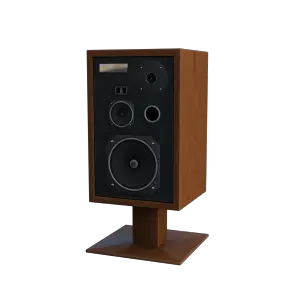
Problem-solving can be troubleshooting software; it could be making repairs, finding bugs and gremlins in living and recording audio systems, or it could be simply solving the problem of a bad-sounding room.
There are a thousand problems that every audio engineer has to solve every day they work, and they must be able to solve these problems quickly and efficiently so that everyone can do their jobs well.
Every audio engineer must be a good problem solver and thrive under pressure, or they will not do well in the industry.
Conclusion
Everything that audio engineers do is critical for every aspect of music, be it live or recorded. Without good engineers that are highly skilled and excellent at what they do, we would not have good music to listen to.
Understanding what audio engineers do is important for everyone in the music industry, as, without these individuals, we would have no music industry at all.
You can find out how much audio engineers get paid here.
